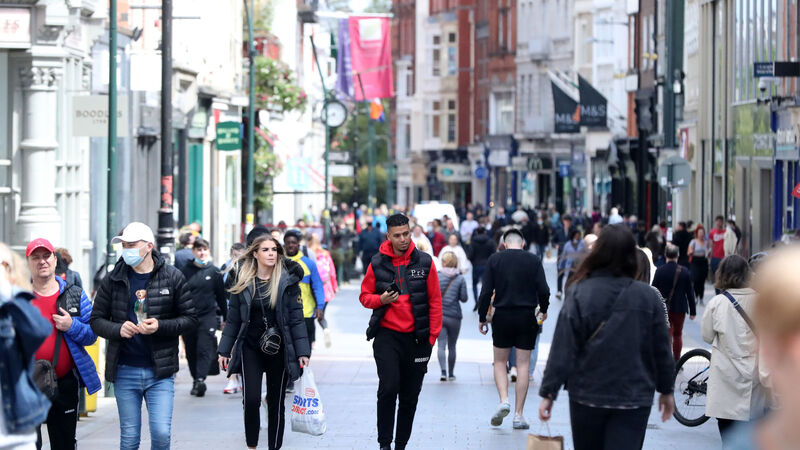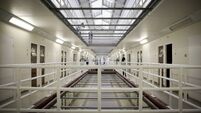Hospitality in the crosshairs as discretionary spending falls

Consumers' expectation of online shopping levels in the next 12 months has fallen since asked in December.
The rising cost of living is causing consumers to rethink their spending habits with four in five saying they are cutting back on eating out and eight in 10 reducing their spending on clothing.
Price is also driving buying decisions to the detriment of socially-conscious shopping, with 40% of customers ranking buying Irish as the least-influencing factor.














